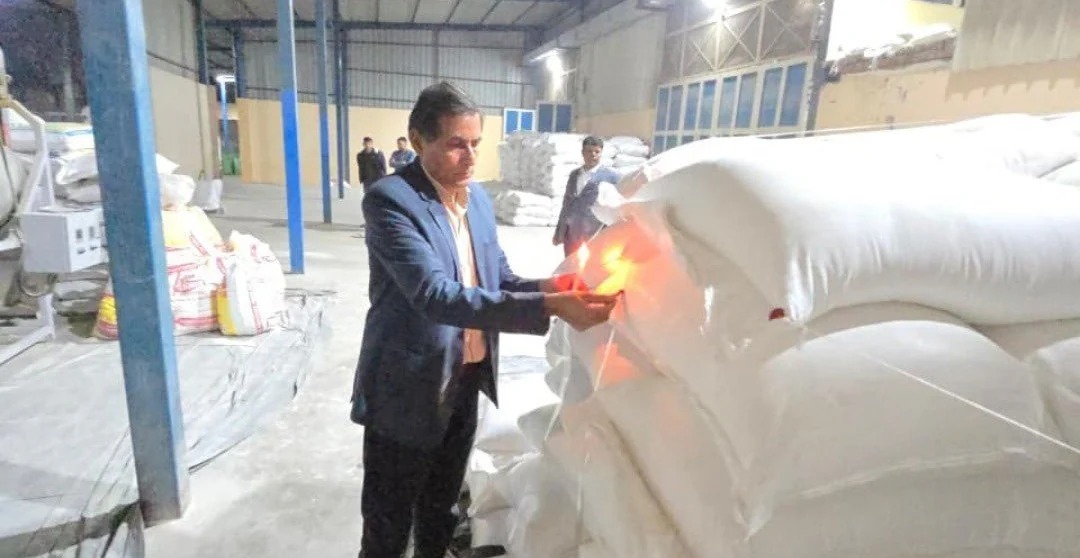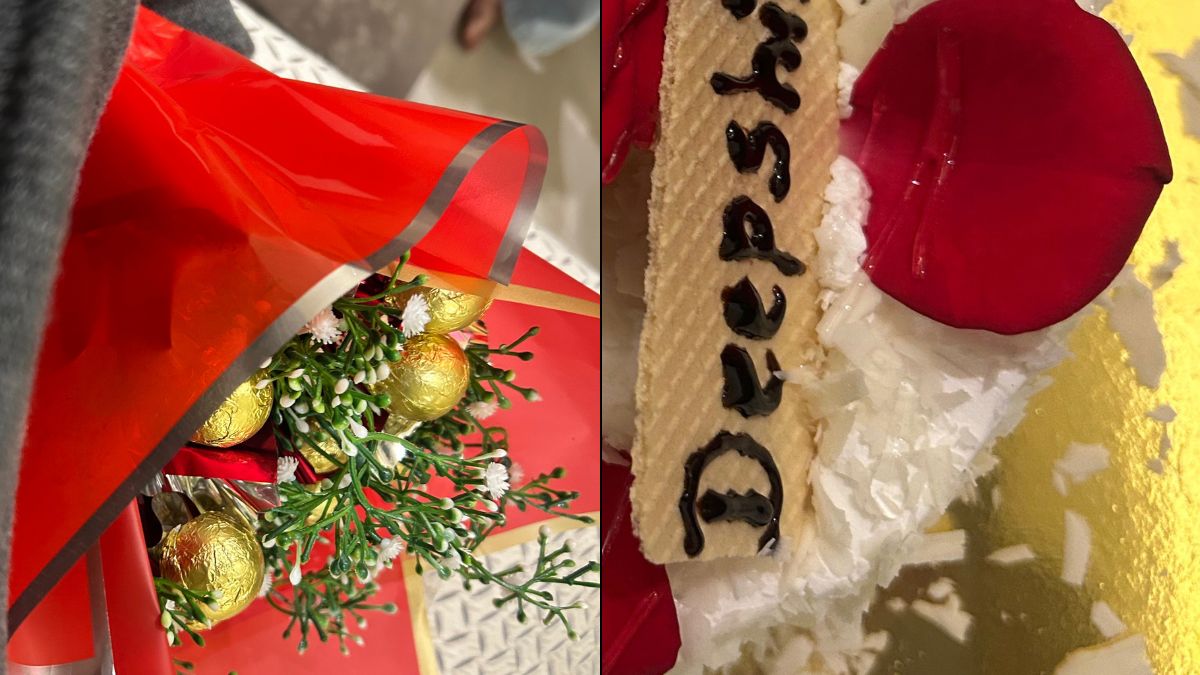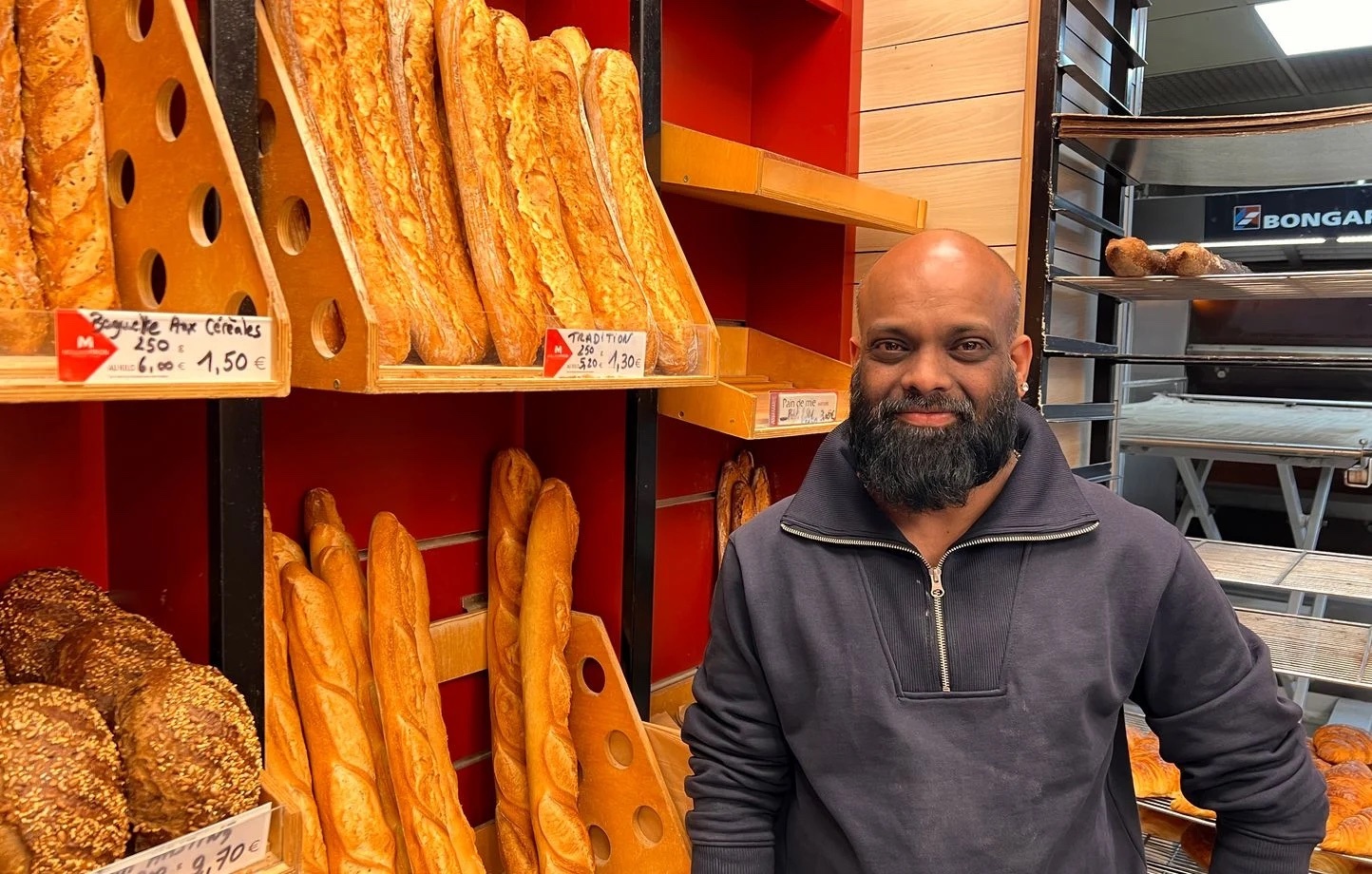Archaeologists in Turkey have unearthed what they claim to be the "oldest bread in the world," dating back a staggering 8,600 years to 6600 BC, as reported by CNN. The discovery sheds light on ancient culinary practices and offers insights into the diets of early civilizations. The bread, described as a palm-sized, round, "spongy" residue, was found alongside wheat, barley, and pea seeds near an oven structure at the archaeological site of Catalhoyuk in the southern Turkish province of Konya, according to a press release by Turkey's Necmettin Erbakan University Science and Technology Research and Application Center (BITAM).
Archaeologist Ali Umut Turkcan, head of the Excavation Delegation and an associate professor at Anadolu University in Turkey, hailed the find as unprecedented, stating, "We can say that this find at Catalhoyuk is the oldest bread in the world," as quoted by Turkish state news outlet Anadolu Agency.
Turkcan described the bread as a smaller version of a loaf, with a finger pressed in the centre, indicating it had not been baked but fermented. The bread, along with wood, was preserved by a thin layer of clay covering the structure, Turkcan added.
Also Read: Archaeologists Unearth Ancient Street Food Shop With Traces Of 2,000 Year Old Food
After scanning the electron microscope images, researchers found air spaces in the sample, with the sighting of starch grains "eliminating our suspicions," biologist Salih Kavak, a lecturer at Gaziantep University in Turkey, said in the release. He added that analyses revealed that flour and water had been mixed in, with the bread having been prepared next to the oven and kept for a while.
This discovery follows a previous find of 14,400-year-old bread crumbs in northeastern Jordan's Black Desert, reported by CNN in 2018. The burnt remains of the ancient bread believed to have been made from wild cereals like barley, einkorn, and oats, provide significant insights into early human dietary habits and culinary practices.
Also Read: Wait, What? Archaeologists Find Well-Preserved 500-Year-Old Spices
The findings of both discoveries underscore the enduring fascination with unravelling the mysteries of our ancient past and shed light on the remarkable ingenuity of early civilizations.
About Jigyasa KakwaniJigyasa finds her solace through writing, a medium she is exploring to make the world more informed and curious with every story published. She is always up for exploring new cuisines, but her heart comes back to the comforting ghar-ka-khana.









